http://en.wikipedia.org/wiki/Liberalism
Liberal originally was derived from the Latin 'liber', meaning 'free, not slave'. Now, you wouldn't get many partisan tribalists using that definition today, from the left as well as the right. And that's just the thing - the word 'liberal' originally was used to designate what we now call libertarians.
 (Image: Is Canada really that 'liberal'? Because it seems more of you voted Conservative in your election, than for any other party, right?)
(Image: Is Canada really that 'liberal'? Because it seems more of you voted Conservative in your election, than for any other party, right?)
If you were a 'classical liberal', you were neither from the right nor left. The Nolan chart explains the concept of this 2-D spectrum best.
 (Image: THIS IS NOT MINE but this is what results from The World's Smallest Political Quiz look like. My results are very similar though, (done this a few times) usually Personal 80-100, Economic 40-60 depending on how I answer that day.)
(Image: THIS IS NOT MINE but this is what results from The World's Smallest Political Quiz look like. My results are very similar though, (done this a few times) usually Personal 80-100, Economic 40-60 depending on how I answer that day.)
The main split between free-market liberalism and social liberalism seems to have occurred around the Great Depression, and the New Deal in America, along with many other intervention policies during the first half of the 20th Century. Some liberals, such as Roosevelt, favoured these policies; others, such as Milton Friedman and the Austrian School of economics (the influence of which is evident in Ron Paul's views) see intervention as the cause of the problem, not the solution.
In the 1940s and 50s, Social Democracy and Socialism became the dominant ideology in Western Europe, in varying degrees from country to country. Parties today are not afraid to call themselves socialist or social democratic, either in their name (SDP in Sweden, or Socialist party in France), or their description (the UK Labour party calls itself social democratic).
However, across the Atlantic, the word 'socialism' or 'socialist' was and is a political taboo, presumably because it sounds like the evil Red enemy. But the same kind of policies being taken up by western Europe, were also being embraced - maybe not as much, but still - by America and Canada. The word taken to mean left-wing, therefore, was 'liberal'.
Thus, a whole new culture of interpretation and misinterpretation was born. Sometimes, I laugh when I hear, in the US, liberals being described as 'anti-American' as I did during the 2008 election campaign. This is not because I am a partisan lefty (I am not), but it is because the Founding Fathers were liberals! (by the old definition I guess.)

(Image: I think the definition of 'liberal' might have changed over time. What do you think, Abraham Lincoln?)
The term 'liberal' is today both ambiguous and essentially meaningless here in Britain; it's definition is inconsistent, between the old 'libertarian' type of meaning, and the Americanism which means 'left-wing'.
I thought I had better explain why I happily refer to myself as a 'liberal' then. It's because my beliefs fall somewhere between the left, and the libertarians. Ergo, whatever definition is used, it works out ok.
P-C


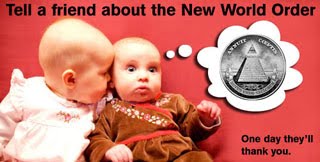
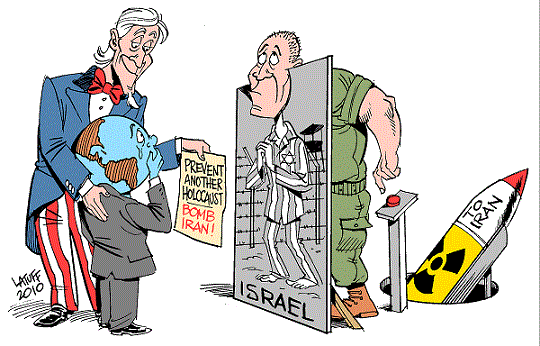














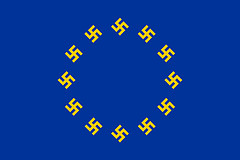

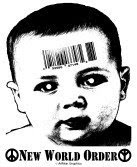




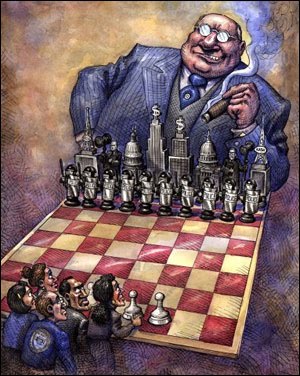







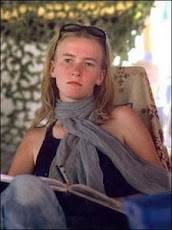

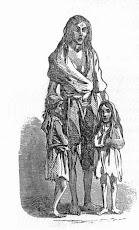
.jpg)

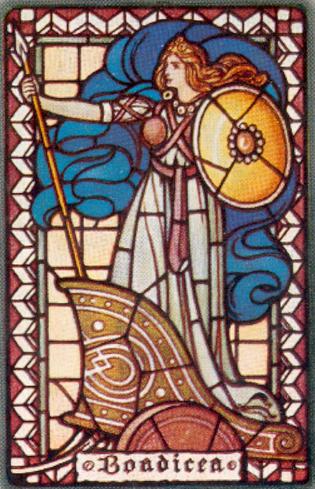

No comments:
Post a Comment